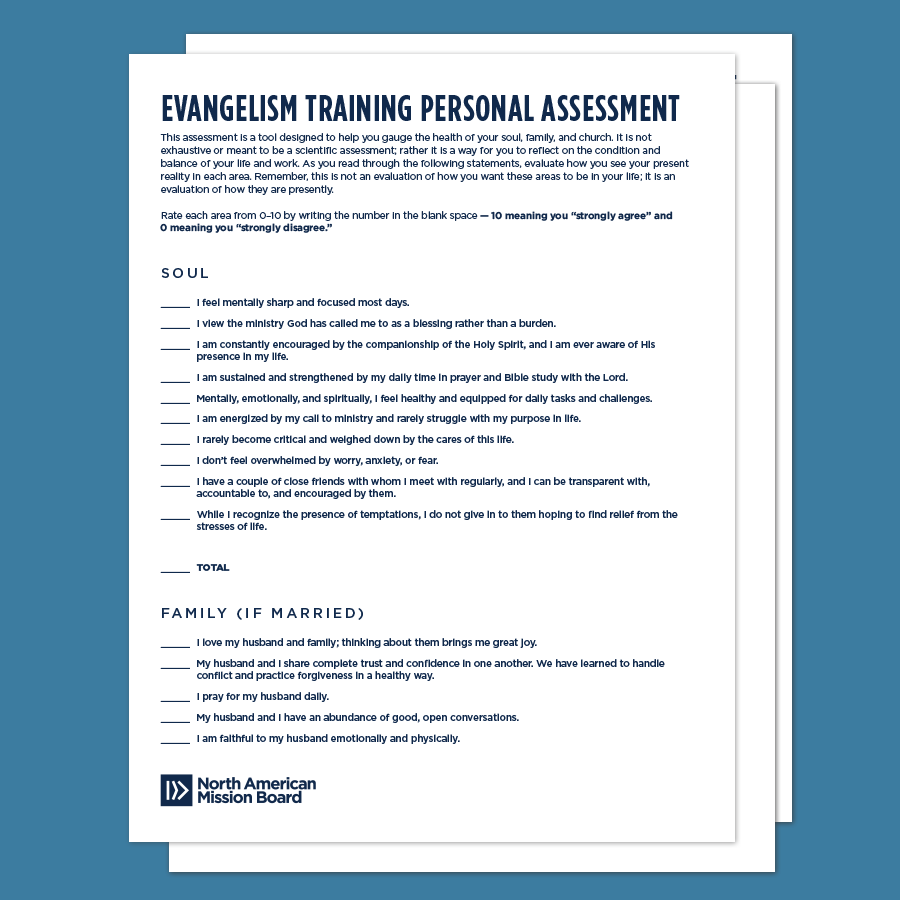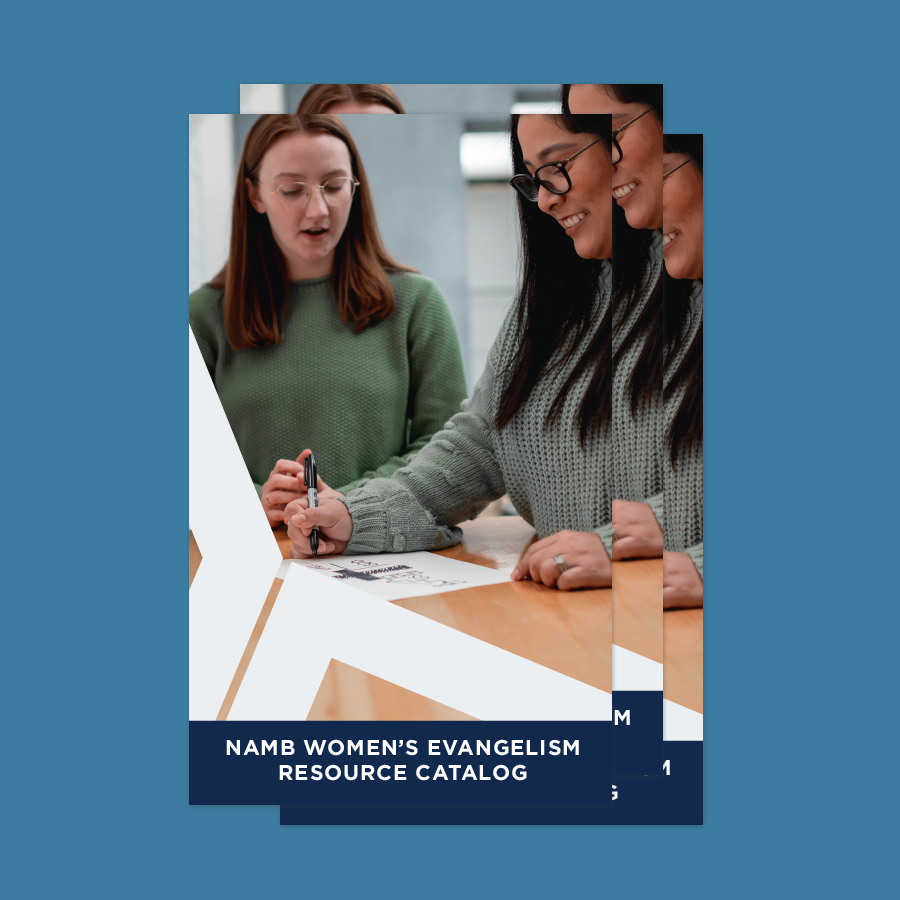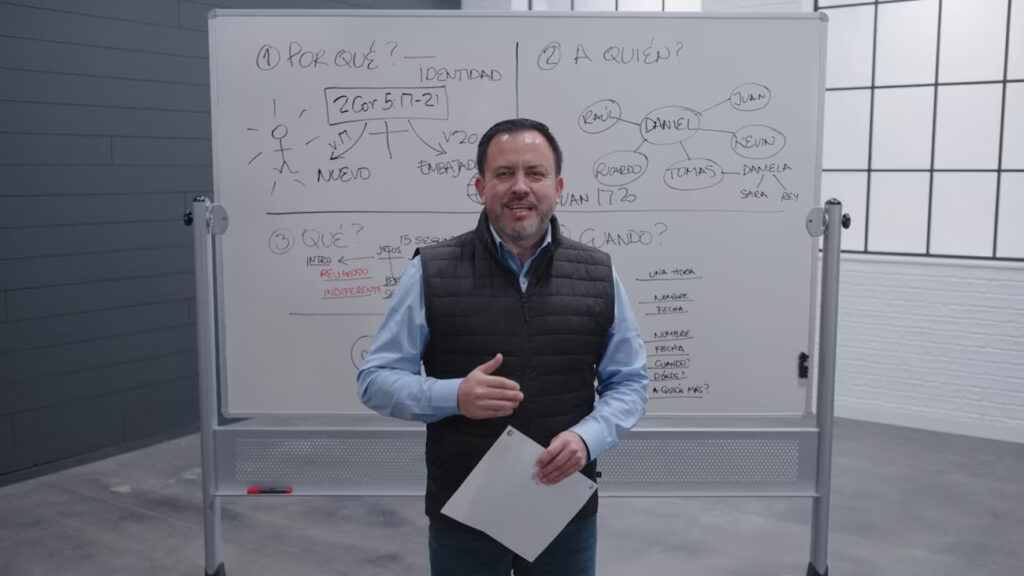As pastors, we often say “God does His greatest work in times of great difficulty.” For me, 2013 was a difficult year. At that point, I’d been the senior pastor of First Baptist, Euless for seven years – and things were challenging. Our community was facing rapid demographic changes that brought transition to our church membership. Large numbers of first-generation immigrants were moving to our area – and an increasing lostness was readily apparent. Within a five-mile radius of our church, one of the largest gatherings of worshipers was a Muslim prayer center, where reportedly more than 3,000 worshipers of Allah gathered weekly.
Simultaneously, as senior pastor, I felt a strange sense of emptiness in my role of this historic and strong congregation. I was gripped by a nagging sense of deficiency in how we were failing to effectively mobilize our congregation with the gospel. Many great things were taking place, including a growing compassion ministry called 6Stones Mission Network. Despite this, there was a significant sense of unrest in my spirit. The reality check – we were not actively sharing the gospel and reaching those who would never attend our church. The burden – if we didn’t do it, who would? I know many pastors who struggle with this same conflict.
That summer I received an invitation to preach the upcoming Convention Message of the 2014 Southern Baptist Convention in Baltimore. The timing was ironic. As I prayed, I felt the Lord saying to me that He would show me what to preach, but that it wouldn’t simply be another message – but rather a life-altering shift as He said, “You will live this.” While I had no idea what this meant, I was about to find out and my life would never be the same.
What happened that year would dramatically change my ministry and personal walk forever. God brought great definition and clarity to my role as a leader of our congregation with the central focus of equipping others to share Christ. Soon, He began answering the prayer of Luke 10:2, and our plan was sending laborers into His harvest. In just one year, nearly 500 people were equipped—actually trained to engage people and share the gospel—in a simple, conversational method we call, “Can We Talk?” Since then, thousands of gospel conversations have happened outside the walls of our church. As believers began to actively share in their everyday lives at work, school and home, many thousands of lives were changed as decisions to follow Christ were made.
Seven key convictions and actions changed my ministry, and our church culture relating to evangelism.
1. God convicted me that the senior pastor was the key.
More bluntly, He convicted me that I was the problem. If I did not personally lead from my role of senior pastor in the area of evangelism, our church would never embrace it whole-heartedly. The “live this” conviction came from 2 Timothy 4:5, where the Apostle Paul admonishes young Timothy, who is by this time pastoring the church at Ephesus.
“But you, be sober in all things, endure hardship, do the work of an evangelist, fulfill your ministry.”
When I realized that I was disobedient in doing the “work of an evangelist,” I turned away from my apathy and embraced this definition of pastoral leadership. Changes began to occur. As a pastor, I faced a crossroads where I had to stop talking about it and start doing it. If I don’t major on evangelism, no one else in our church will either. Many pastors need to make this same decision to lead.
2. I came to grips with a theological and practical truth regarding the gospel.
Here’s the truth: The gospel has enough power to change the world. How deeply we believe this is revealed by what we do with the gospel. To believe it and not make every effort to mobilize the gospel highlights your lack of belief or your lack of compassion for the lost. We began to embrace this as theological and practical truth.
3. We realized our church had to own the deficiency in our local community.
If my community didn’t know the gospel, it would be because I didn’t lead well and our church didn’t mobilize the gospel. The Sovereignty of God places us where we are and puts lost people from all over the world in our community. We had to own the fact that we had a responsibility to God that they would hear the gospel, whether they attended our church or not.
4. We redefined gospel-centeredness.
It’s disturbing to me that we have been in a decade-long focus on the gospel, with a myriad of book-writing, preaching and conferences, but very little real movement in gospel-conversations outside the walls of many churches. We say we’re gospel-centered, but our actions say otherwise. Our definition of gospel-centeredness must address how we share the good news.
A gospel-centered church is not one where the only the pastor preaches the Gospel, but where the people share the gospel.
This is our end game. We want to help obedient believers share Christ with others in their everyday walks of life.
5. We settled on a plan for training our people to share Christ.
Having a repeatable plan that is doctrinally robust and conversationally simple is a huge part of mobilizing people. If you want something to multiply, make it repeatable. “Can We Talk?” gave us that plan and our people easily learn and share conversationally, with a hands-on sharing approach. Without a strong plan, a church will never multiply witnesses. If we do not mentor people and train them (not simply teach them) it won’t happen. Again, “Can We Talk?” does that for us.
6. We began to see our community as our primary mission field.
Somewhere along the way, missions became “cool” and evangelism “not so cool.” But the world came to our doorsteps – as it is coming to yours. How much time do you spend thinking of how to reach those who may never attend your services? How often do you pray about the lostness around you – and have you come to grips with the fact that if you don’t tell them about Christ, no one will? We must see everyday people as our mission field and focus.
7. We dedicated ourselves to training our staff and lay leadership.
If the leaders don’t lead, will the rest of the congregation ever share Christ? We know the answer. For us, knowing and sharing the gospel is the bottom rung of leadership. If we’re unable do that, can we really be trusted to make key decisions, to teach the Word or lead our flock?
We’ve now trained more than 700 people at First Euless in “Can We Talk?” In 2014, our church allowed us to begin a non-profit organization, called One Conversation, Inc., (oneconversation.org) which trains pastors and leaders to equip their people to share Christ through conferences hosted around the nation. Churches all over Texas and in more than a dozen other states now use this plan, and our prayer continues to be that God would kindle gospel movements, here and around the world – beginning in the local church.
It all starts, however, with a pastor who has a passionate desire to the see the gospel move from the hearts of his people to the lives of those around them. At the end of our life, we’ll stand before Him to give an account of our stewardship of the gospel. I want to fulfill the ministry of the gospel in such a way that thousands were equipped and enabled to share such an incredible gospel with a desperate and dying world. In the days ahead, will our churches reflect an urgency for the lost that is filled with action, or just talk? We can reach our communities for Christ, but it will take all of us to do it, and it will take all we have. But isn’t that what the gospel is all about?
Live This is a three-week series created to help prepare churches to have gospel conversations. It provides resources and tools that will enable every believer to share the gospel with nonbelievers. Order now.
Published May 30, 2018



